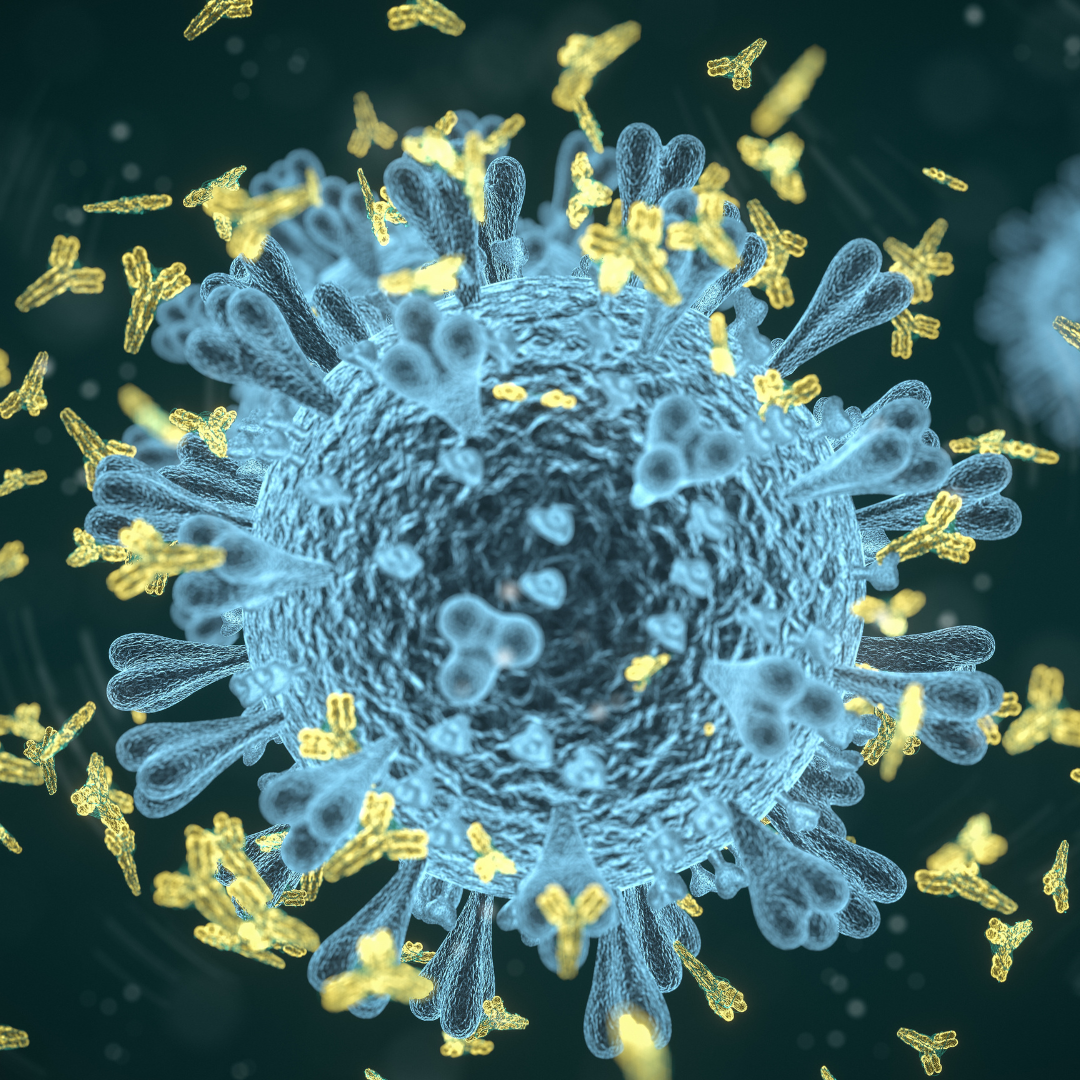Ligand Binding Assays at CMIC
CMIC USA Ligand Binding Assays Services
At CMIC’s Chicago, IL laboratory, we offer a robust and sensitive method for quantifying the interaction between a target molecule, such as a protein or receptor, and its ligand or binding partner through ligand binding assays. Our facility is equipped to handle a wide range of assays, making us a reliable partner for pharmaceutical research, clinical diagnostics, and basic biological studies.
These assays are widely utilized in pharmaceutical research, clinical diagnostics, and basic biological studies. One of the most common types of ligand binding assays is the enzyme-linked immunosorbent assay (ELISA), which relies on the specific binding between an antigen and an antibody conjugated with an enzyme. The electrochemiluminescence immunoassay (ECLIA) on the Mesoscale Discovery platform usually offers better sensitivity and dynamic range over traditional ELISAs, and make up the majority of the assays performed at CMIC for large molecules.
Ligand binding assays can be adapted to various formats, including homogeneous assays where separate binding steps are unnecessary. Assays may be developed in-house, transferred from the Sponsor, or adapted from commercial kits.
Types of Ligand Binding Assays:
– Enzyme-Linked Immunosorbent Assay (ELISA):
- Relies on the specific binding between an antigen and an antibody conjugated with an enzyme.
- Commonly used for detecting and quantifying substances such as peptides, proteins, antibodies, and hormones.
– Electrochemiluminescence Immunoassay (ECLIA):
- Utilizes the Mesoscale Discovery platform for better sensitivity and dynamic range.
- Preferred for large molecules due to its superior performance over traditional ELISAs.

The minimum required dilution (MRD) is a critical assay parameter in ligand binding assays. Many factors can influence MRD selection, including matrix interference and selectivity results, sample volume limitations, and sensitivity requirements. We can optimize the MRD of the assay to ensure better validation results, and to reduce the risk that samples will be depleted if repeats are required.
Because the dynamic range of LBAs can be limited, the ability to dilute samples accurately can be critical to assay success. Biomarker assays always require parallelism testing to ensure that results are linear over multiple dilutions, but PK/TK assays may also require parallelism testing, once study samples are available, if a soluble target may interfere with analyte capture. In either case, dilution linearity to cover the highest concentration of samples must be validated in order to inform the way samples will be diluted when they exceed the ULOQ of the assay. If samples consistently require dilution, per ICH M10 a dilution QC will be assessed for stability. No matter the scenario, CMIC Inc.’s team of scientists will know the best plan of action.
Antibody Selection
The quality of critical reagents can mean the difference between a robust, sensitive assay and one that isn’t going to meet your needs. CMIC can help with antibody selection, whether as capture and detection reagents for a PK or biomarker assay, or as the positive control in an ADA assay. We can perform in-house conjugation to biotin or Sulfo-TAG of critical reagents and store them securely for use over the life the program. Because antibodies or other capture reagents can lack specificity, CMIC can optimize the assay through the testing of different diluents, blockers, additives, and other assay conditions to reduce non-specific binding and improve detection of the analyte of interest in the presence of matrix.
If matrix interference cannot be reduced sufficiently by the above means, sample pre-treatment may be required. Heat inactivation, acid dissociation, Protein A/G purification, and affinity separation through elution from streptavidin beads are all methods that our scientists have experience with, and can assess for your methods.


